【新唐人2011年6月25日訊】據北京市海淀區委海淀園工委統計,目前中共組織已覆蓋當地3000多家企業,黨支部802個、黨員近2萬名。中央高層吸納商界精英,被認為是“障眼法”。是讓“金權體系”更為緊密的合理化做法。而中共吸收精英入黨,還表現在各行各業,律師就是其中一個。
北京一家民營公司,中共黨員佔了一成,主要是中層或以上職員,黨支部書記由公司董事長兼任。香港《明報》報導說,像這家公司這類「黨員總裁」、「黨員高管」的例子,在高科技民企聚集的北京中關村並不少見。
據說,中關村一些私企老闆起初並不支持中共組織發展,海淀園工委主動在民企老闆中評選「黨建之友」,在榮譽和物質上給予獎勵。這些做法受到中南海高層注意,主管黨務的政治局常委習近平曾特別批示肯定,報導說,這透露出中央高層重視吸納商界精英的動向。
不過,1989年,中共中央發佈《關於加強黨的建設通知》,其中規定民營企業主不能入黨。中共十六大後開始並接受民營企業家入黨,對此,“中國民主運動海外聯席會議”主席魏京生曾經表示,中共接納資本家是一個“障眼法”,其實是讓“金權體系”更為緊密的合理化做法,也藉此欺騙國際社會輿論,對國際社會作出“改革”的 姿態,換取“不必再對北京施壓”的籌碼。
魏京生強調,共產黨早已成為中國大陸的既得利益集團,許多權力核心人物“家裏都是一人做生意、一人當官”,藉著特權優勢賺進大筆鈔票,同時 為彼此“互相保證”。
中共吸收精英入黨,還表現在各行各業,律師也是其中一個行業。據了解,其實很多人是被動的。
大陸律師一:“ 律師事務所本身就是自己的,它本來應該是與共產黨的組織之間不存在領導不領導的關係問題,(但是)律師事務所必須要接受(領導),那這些律師事務所不接受,在現行體制下,也辦不到。領導的意思就要聽他的。”
律師們的普遍感受是,中共成立的黨支部是為了方便管控而已,並不是出於廣大人民的利益。
大陸律師一:“現在黨的利益至上,這是一個口號,那發展黨支部也是在壯大黨的隊伍,這是共產黨的追求。近年來有很多社會突發事件,很多律師參與,會讓政府認為律師脫離了政府的管控,所以以建黨支部這種方式來加強對律師的管控,是所謂的讓這個社會和諧穩定的一個手段。”
《法國國際廣播電臺》報導表示,資本家能夠入黨不過是黨國“創新社會管理”的一種手段,不過是不走極權主義、改走威權主義罷了。威權主義者可以根據需要,引誘某些人入黨,必要時甚至可以強迫入黨。威權主義之下,「黨員證」向全民的開放與擴充,並不意味著它的合法性的增加,也不意味著執政者所代表的民意基礎就越廣泛,這只不過是執政集團的內部調整而已。
新唐人記者代靜、黎安安、孫寧採訪報導。
Accepting Elites to Party: A Camouflage?
According to the Beijing Haidian District Working
Committee, Chinese Communist Party』s organizations
have covered more than 3,000 enterprises,
with 802 party branches and nearly 20,000 members.
The CCP』s accepting business elites is considered
to be "camouflage" for combing power with money.
One example is that the CCP accepts lawyer elites.
In a private Beijing company, the CCP members
account for 10% of its employees.
The party secretary of this company is also its president.
Hong Kong based Ming Pao said, this kind of companies
with their presidents or CEOs being the CCP members
are not few in Beijing's private high-tech enterprises.
Some private owners initially did not support the CCP』s
organizational development.
Haidian Working Committee actively elected "Party Friends"
among private bosses by giving them awards.
This practice aroused the central CCP』s attention.
Xi Jinping, the Politburo member, has affirmed the practice,
which shows the CCP』s trend of attracting business elites.
In 1989, the CCP Central Committee issued a notice,
disallowing private business owners to join the party.
After the 16th CCP Congress, the party started to accept
private entrepreneurs. Chairman Wei Jingsheng of
Chinese Democratic Movement Overseas Committee
said, it is a 『camouflage』, combining money with power
more closely and deceiving international community
with a gesture of reform, so as to escape from
the international pressures on Beijing authorities.
Wei stresses that the CCP has become a group with
vested interests. Many of the party』s powerful figures
have one family member in business and one in power.
They collude and mutually assure to earn big bucks.
The CCP accepted elites from all walks of life, including
lawyers, although many were actually reluctant to join.
Lawyer 1 in China: "Law firm itself is privately owned.
It is not supposed to have any relationship with the CCP.
(But) law firms had to accept (CCP』s leadership),
none of them can survive without it.
The CCP wants the law firms to listen to its directions.”
Lawyers』 general feeling is that the CCP established
braches to facilitate their control, not service to people.
Lawyer 2 in China: "Now the party's interests are above
everything else, this is a slogan. It is also for the growth
of the party to set up branches. In recent years,
many social unrests had many lawyers involved,
making the government to think lawyers are out of
government』s control. Building party branches to strengthen
the control of lawyers is a means to maintain stability."
Radio France Internationale reported that
accepting capitalists into the CCP is only a means for
"innovation in social management.”
It is nothing but redirecting from the totalitarianism
to authoritarianism. The authoritarians can lure, or
if necessary, force some people to join the party.
Under the authoritarianism, party membership is
open to all, but it does not increase its legitimacy,
nor does it have a broad support.
This is merely an internal adjustment of the ruling party.
NTD reporters Dai Jing, Li Anan and Sun Ning
看下一集

【禁聞】政府債務綁架中國經濟 誰來買單?

【禁言博客】股民何時不做“韭菜姑娘”

【禁聞】城建啟示錄:一場大雨讓北京癱瘓

【禁聞】《我是黎智英》成禁書 緣起“六四”
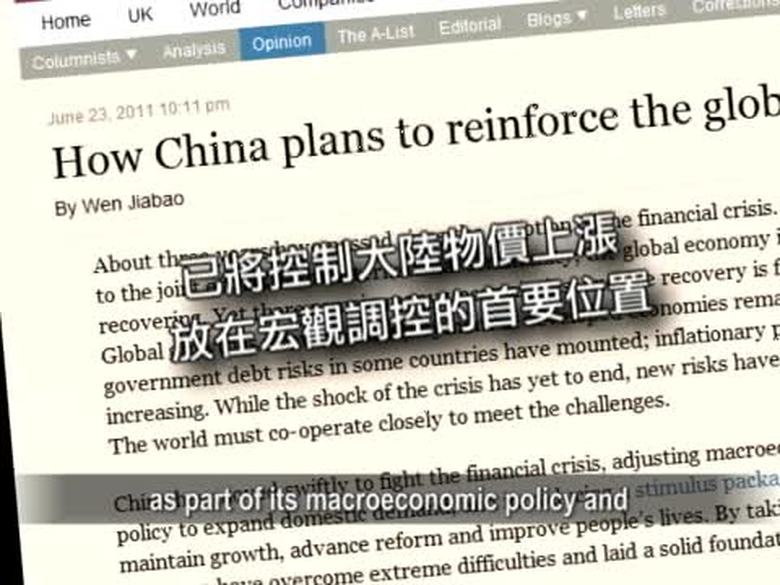
【禁聞】訪歐公關? 溫家寶:物價可控
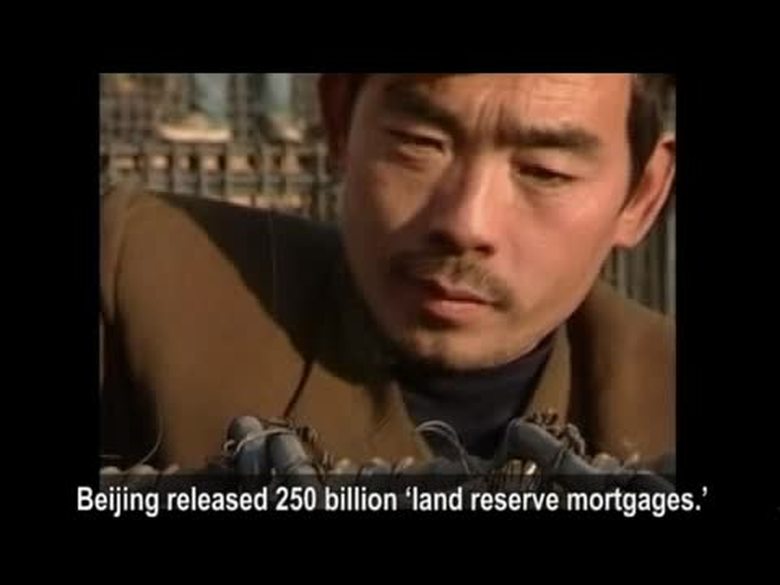
【禁聞】北京土地貸款亮紅燈
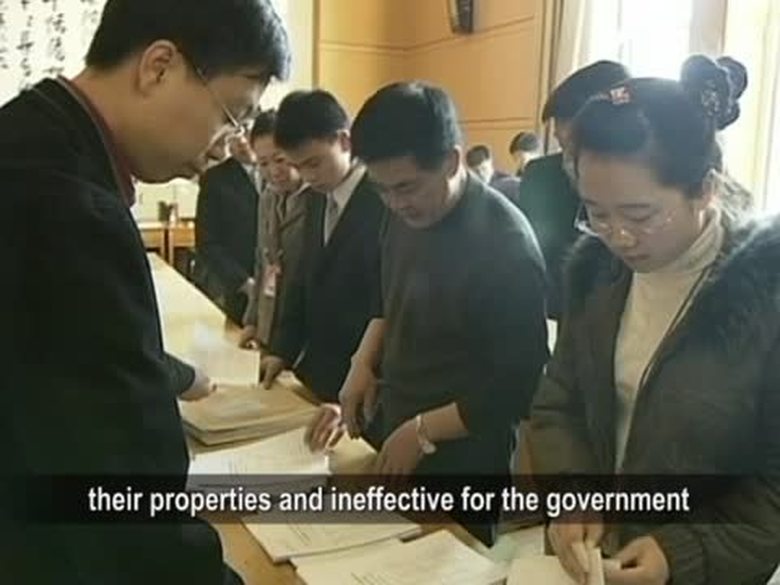
【禁聞】官員財產公示難產 學者:自欺欺人
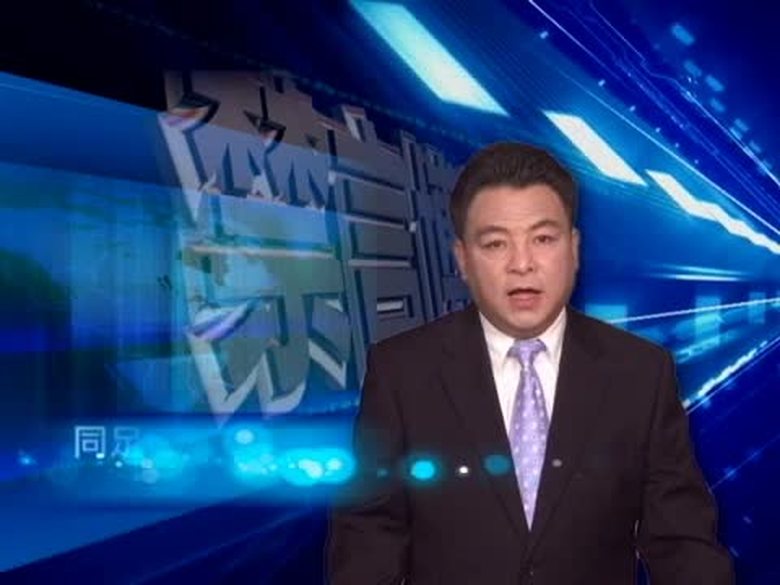
【禁言博客】同足協一樣黑的證監會
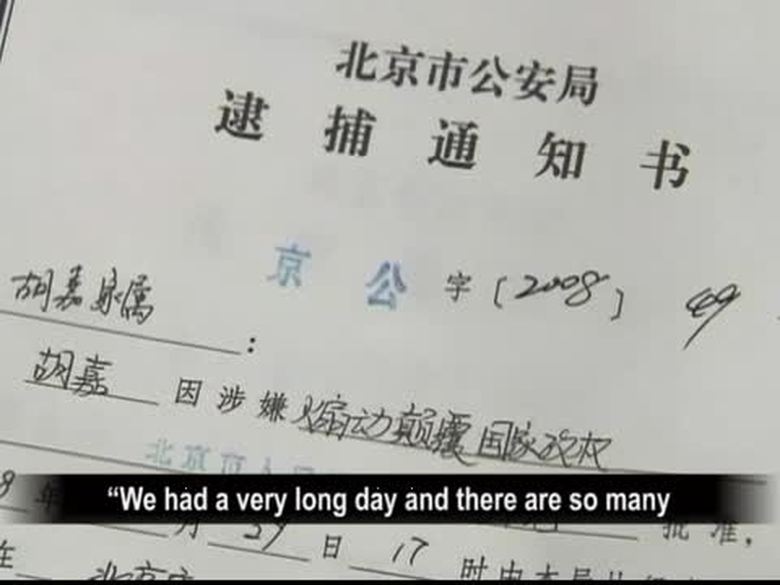
【禁聞】胡佳出獄 仍受監控
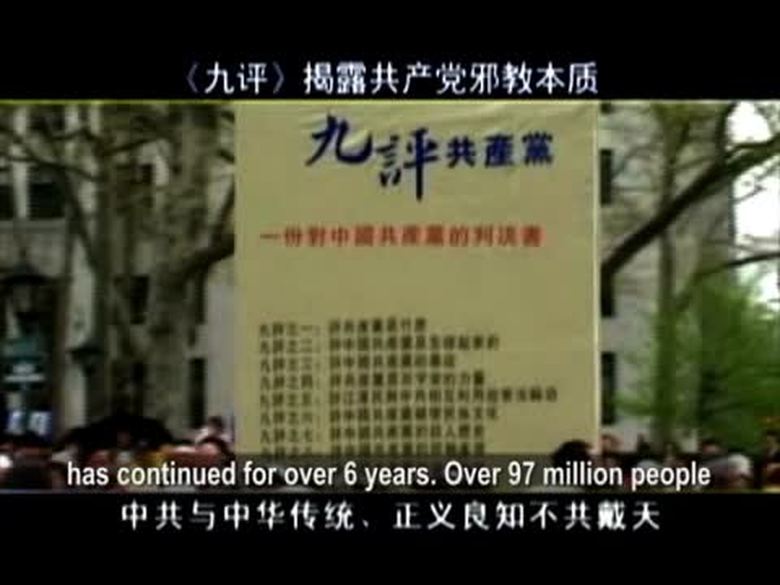
【禁聞】黨員8千萬虛假 退黨大潮解體中共

【禁聞】“垃圾圍城” 魚塘變垃圾場
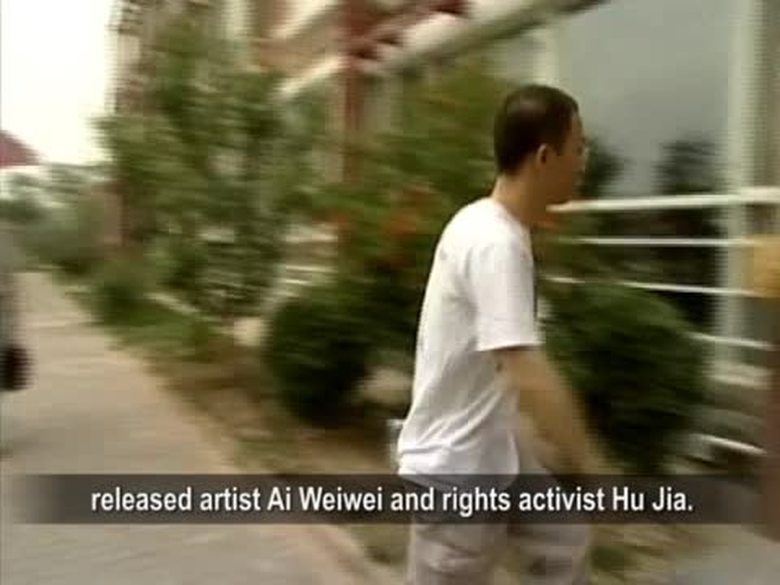
【禁聞】溫家寶訪歐 人權抗議如影隨形

【禁聞】“紅十字會總經理”炫富 遭圍觀
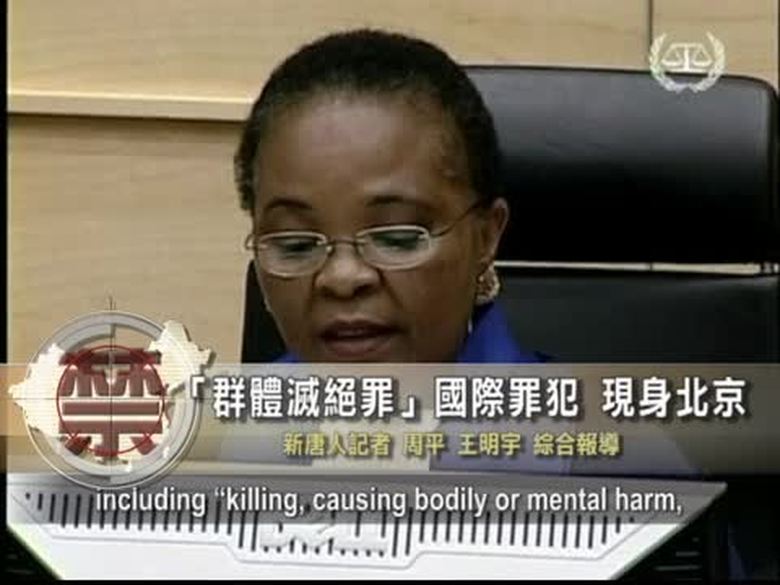
【禁聞】“群體滅絕罪”國際罪犯 現身北京
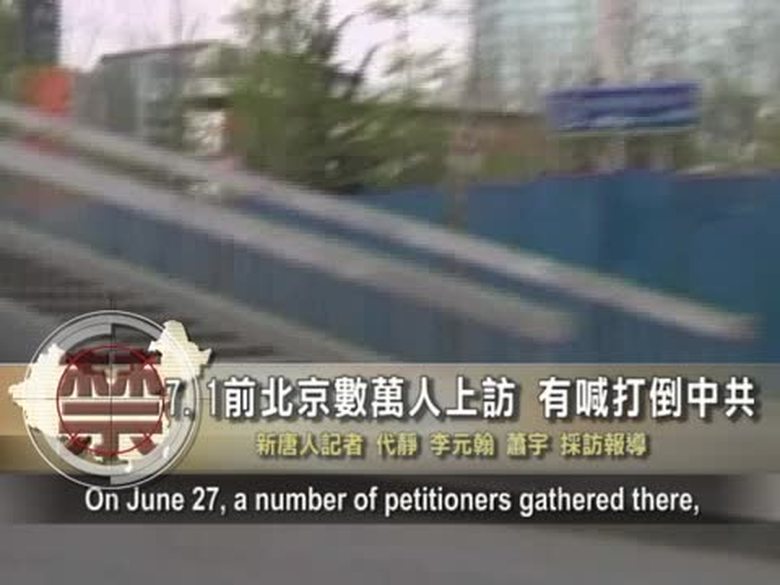
【禁聞】7.1前北京數萬人上訪 有喊打倒中共
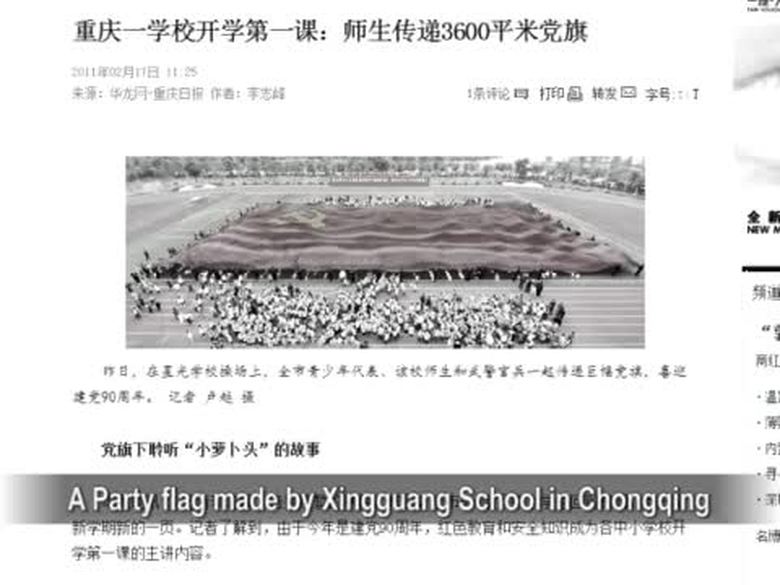
【禁聞】中共黨慶掀紅潮 耗資萬億失民心








